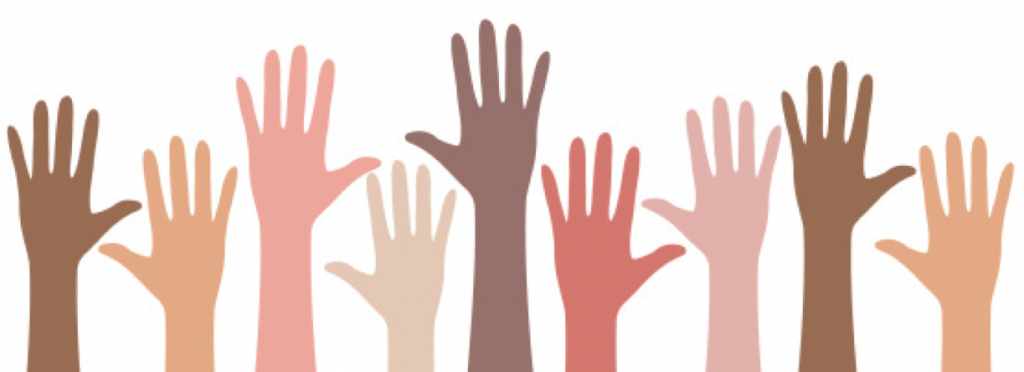Kids are aware of race and absorb ideas about race from the social world around them.
Kids form racial identities. They recognize that their race and racial group is part of who they are and how others see them.
Not talking about race increases racist thinking and racism!

So what does any of this have to do with kids? Kids don’t understand this complex race stuff, right? Even as adults we struggle to wrap our minds around it! So why is it necessary to include kids in this conversation? Research gives us 3 big reasons why we should talk to kids about race:
- Kids are aware of race and absorb ideas about race from the social world around them. They absorb these ideas from parents, peers, the media, teachers, schools, books, and so on.
- Kids form racial identities. They recognize that their race and racial group is part of who they are and how others see them.
- Research suggests that not talking about race with kids actually increases racist thinking and racism.
Kids think for themselves but they also observe those around them, particularly influential adults and peers. Then they reflect what they see in their own beliefs, attitudes, behaviors, and interactions with others. From an early age, children gather information from observing other peoples’ behaviors, language, and emotions. And they use this information to determine how they should feel and respond and treat others. Information about race is no exception.
-
- Bias
- the belief that some people or ideas are better than others, usually resulting in unfair treatment
- Biological race
- physical racial features such as skin color, hair textures, and facial features
- Explicit racism/bias
- racism that is plainly expressed through words and or actions
- Implicit racism/bias
- racism that hides in our unconscious biases and gets expressed in our actions
- Racism
- the beliefs and practices that uphold and reinforce inequalities based on race
- Social identity
- a person’s sense of self that is based on group membership
- Social race
- The social norms, attitudes, beliefs and behaviors that accompany racial groups
- Systemic racism
- policies, practices, and laws that reinforce social inequalities by discriminating against groups of people, either directly or indirectly, and limiting their rights